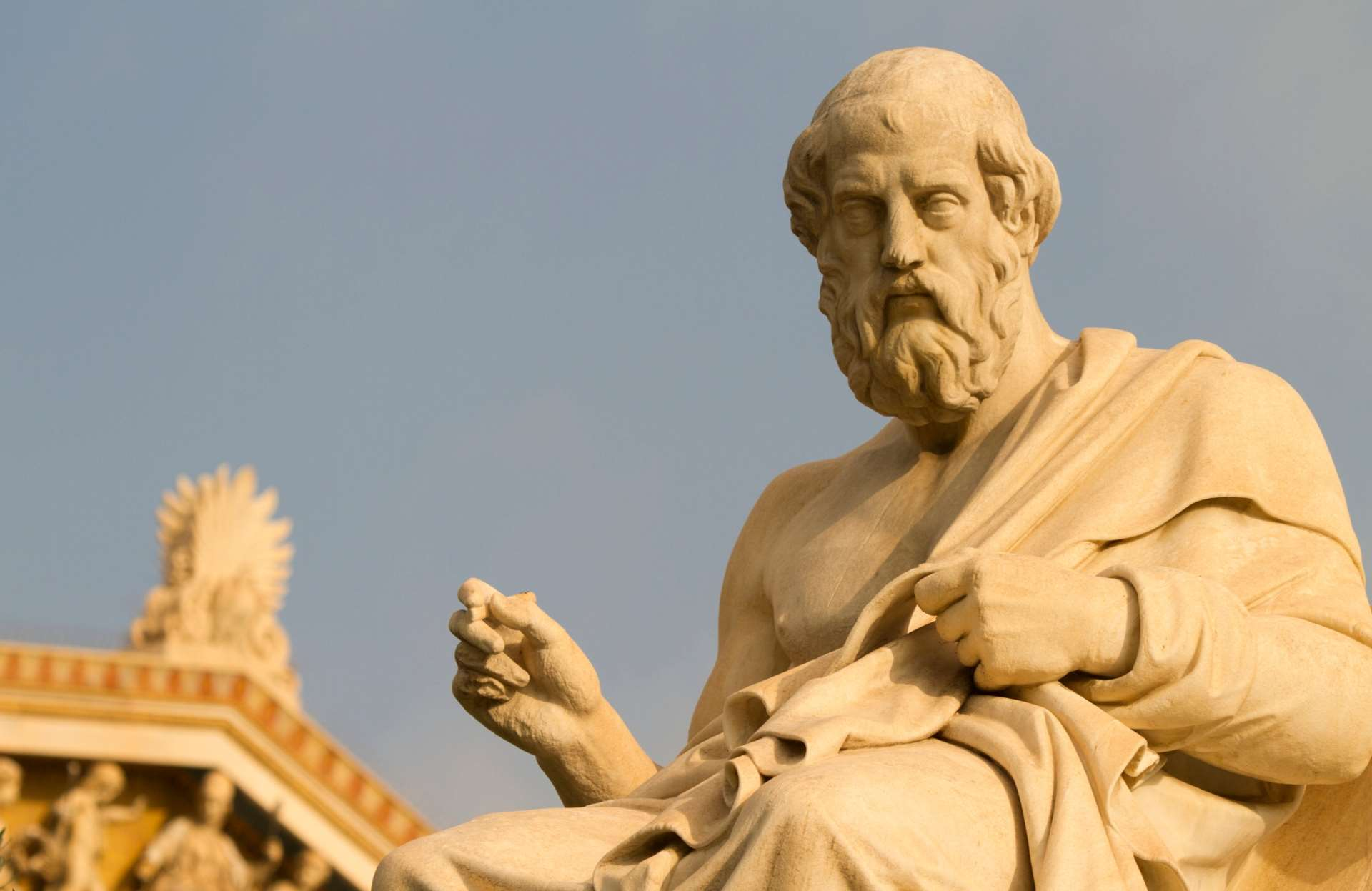When we think of names today, we imagine first names followed by fixed surnames—family names passed down through generations. But in the epic world of Homer, things were different. Heroes didn’t have last names in the modern sense. No hyphenated double-barrelled names, no inherited family surnames. And yet, Odysseus—the cunning, the resilient, the endlessly wandering hero of The Odyssey—did have something close to a last name: Laertiades.
What Does "Laertiades" Mean?
This name comes from Odysseus’ father, King Laertes. The term Laertiades literally means “son of Laertes”—a patronymic, a type of name that indicated lineage rather than individuality. This was standard practice in ancient Greece. Nearly all major heroes carried similar names: Achilles was Peleides (son of Peleus), Agamemnon was Atreides (son of Atreus), and Odysseus was Laertiades.
But these names were more than just a way to distinguish one person from another. They were declarations of heritage, status, and legitimacy. To introduce oneself with a patronymic was to invoke the power, reputation, and legacy of one's lineage. When Odysseus is called Laertiades, it doesn’t simply mean he is Laertes’ son. It signals that he is a rightful heir, a continuation of a noble line, and a part of a greater story that extends beyond himself—to his city, his people, and their collective memory.
A Name That Tells a Story
In The Odyssey, Odysseus is known by many epithets: polytropos (resourceful), polymetis (clever), dios (divine). Each describes a trait, a characteristic, a perception of who he is. But Laertiades is different—it doesn’t describe what he is, but rather where he comes from.
This system of naming wasn’t unique to Odysseus. In fact, the use of patronymics was widespread in the ancient Greek world. At a time when surnames as we know them didn’t exist, formal identification often included a man’s name followed by his father’s. In official records, on inscriptions, and even in democratic voting systems, individuals were listed as so-and-so, son of so-and-so. This was true in Athens, Sparta, and Macedon alike. Family names were not a private matter—they were a public statement.
A Different Meaning of “Surname”
The word epithet in ancient Greek didn’t mean surname in the modern sense. It simply referred to a descriptive term, much like an adjective. Today, last names are fixed, inherited, and documented on IDs and legal forms. Laertiades was different—it wasn’t a static family name but a dynamic, living marker of lineage. If Odysseus’ son Telemachus were to follow the same system, he could have been called Odysseiades (son of Odysseus), though no ancient sources officially record such a name. These patronymics weren’t permanent; they changed with each generation.
More Than Just a Name
In ancient Greece, identity wasn’t just about personal achievements—it was deeply tied to ancestry. Even a hero as brilliant and independent as Odysseus carried his father’s name. No one existed in isolation. Everyone belonged to a greater lineage, and that connection was reflected in the way they were named.
Today, when we read Laertiades, we might see it as just another poetic term. But in reality, it’s the closest thing Odysseus ever had to a last name—a name that didn’t just tell us who he was, but where he came from.









